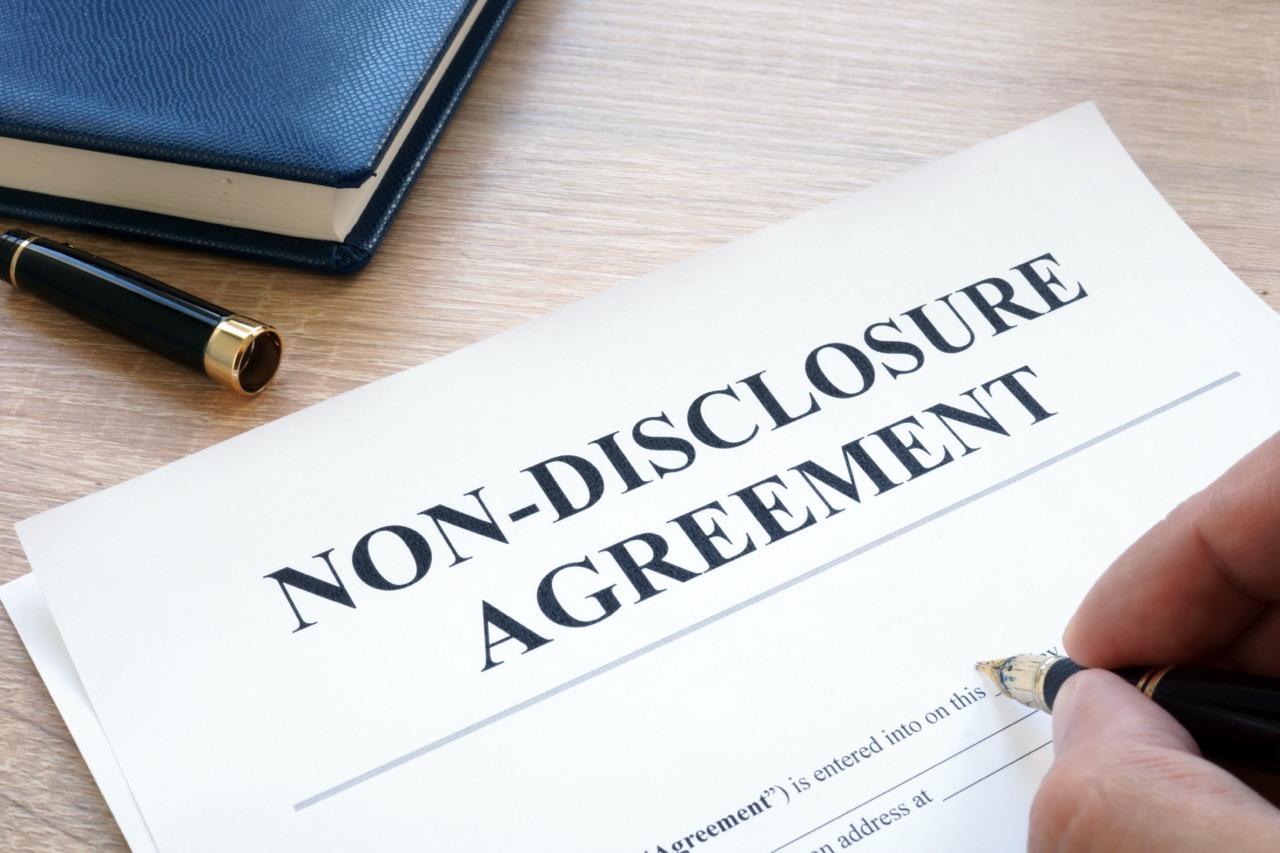Comments
- No comments found

Legal documents play an important role in protecting the interests of the business and its owners during the existence of a company.
In this sense, a legal document implies a document where two or more parties enter into an agreement, confirmed by placing signatures at the end of the text. These documents are only binding when all parties involved append their signatures and could prove critical in the event of a conflict. Here are some of the most important types of legal documents you need for your business.

Many states require that corporations keep written records of their bylaws. While you may not need to file your bylaws with the state office, the document is critical when settling disputes at the franchise.
The bylaws help the company to govern itself, outlining essential elements like business structure and individual roles. Remember, you can always get professional help with your legal documents from online typing services.
Understand that corporate bylaws are a set of legally binding rules companies write to guide internal management. When designing the company bylaws, consider things like the company structure, remote meetings, and notice for special arrangements. Voting rights and protocols should also be defined by the corporate bylaws.
Among other things, your company bylaws should outline policies like:
Guidelines on directors' meetings;
Powers and duties of shareholders and directors;
The office structure and voting rights;
Guidelines on the appointment of officers.
Another set of important legal document types for businesses is the articles of association. These public documents tell third parties about the operations and governance of your business. From the articles of association, other businesses and individuals can get to understand your company's regulations and operations. Furthermore, the document defines your firm's purpose and outlines how tasks are to be performed within the organization.
As companies grow, their needs and operations expand. You may need to borrow money, or investors may want a bigger sake. Whatever changes your business experiences, you will need to amend the articles of association to reflect these adjustments.
In other words, articles of association can be considered as the user's manual for your company. They define the business' purpose and outline your methods of daily operation. Of course, the contents and terms of these articles vary between jurisdictions. However, they often include provisions for the company name, purpose, share structure, organization, and shareholder meetings.
Among the most popular names of legal documents is the apostille. Companies operating internationally with other Hague convention countries may require a certificate referred to as an apostille. This is a document that authenticates the signatures or seals on the documents issued by federal agencies or consulates. Apostilles authenticate the origin of public documents and signatures, giving them approval for recognition in other countries.
In most cases, you will not need to create an apostille from scratch. Companies can access free templates online, which they can use to guide them when creating apostilles. However, before submitting your documents for approval, your company should notarize each document before a notary public. Also, all your signatures and seals must be original.
Our list of legal documents cannot be complete without mentioning the partnership agreement. Unless you run your business alone, you will need legal documents to help regulate the relationship among the partners or co-founders. A partnership of founders' agreement is a private document outlining the objectives of the business at a strategic level. It indicates the reasons behind creating the venture, how the shares will be owned, the roles and rights of founders, and what to do when someone wishes to leave.
The founders' agreement is the least binding of the many legal documents on this list. However, while the founders' agreement is not legally binding and primarily informative, it is important for setting the scene for future shareholder agreements. However, a partnership agreement is legally binding once parties have appended their signatures. Therefore, the agreement is essential and helps settle disputes and define roles.
Co-founders often assume they don't need a partnership agreement because they get along just fine. However, you can never predict the future of your business relationship. If the harmony is disrupted or conflict emerges.

Confidentiality agreements are another set of critical business legal documents. There will be instances when you want or need to share confidential information with professionals or individuals in the business environment. A non-disclosure agreement is a legally binding document demanding the individuals who sign it keep any private and confidential information you share with them a secret. They cannot disclose such information to others or steal it for their benefit.
These are a few legal documents companies need to remain successful. Other notable documents include contracts with suppliers and customers, investor and shareholder agreements, and employee contracts. Avoid using standard legal documents you find online. They may not be designed to work in your jurisdiction. In addition, a poorly drafted legal document can do more harm than good. If you are unsure how to type a legal document, seek professional help.
Bhumesh is the Managing Partner of Corp Comm Legal, an Indian law firm. He is ranked among the Top 100 Indian corporate lawyers. He is advising domestic and foreign companies on M&A, joint ventures, corporate - commercial issues. Besides, he has written a book on Drafting of Commercial Agreements, has a couple of books in pipeline and trains students and professionals on Drafting Skills and corporate laws. He writes regularly on legal, business & other issues and is a guest faculty lecturer with educational institutes. Bhumesh holds a Bachelor of Laws (LLB) from the University of Delhi and a further qualification in International Law and Legal Studies from College of Law, York.
Leave your comments
Post comment as a guest